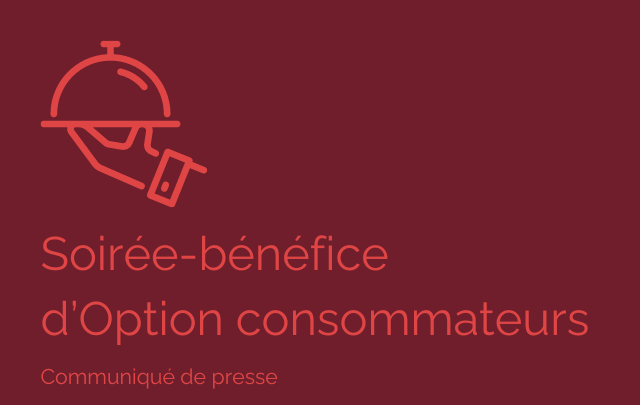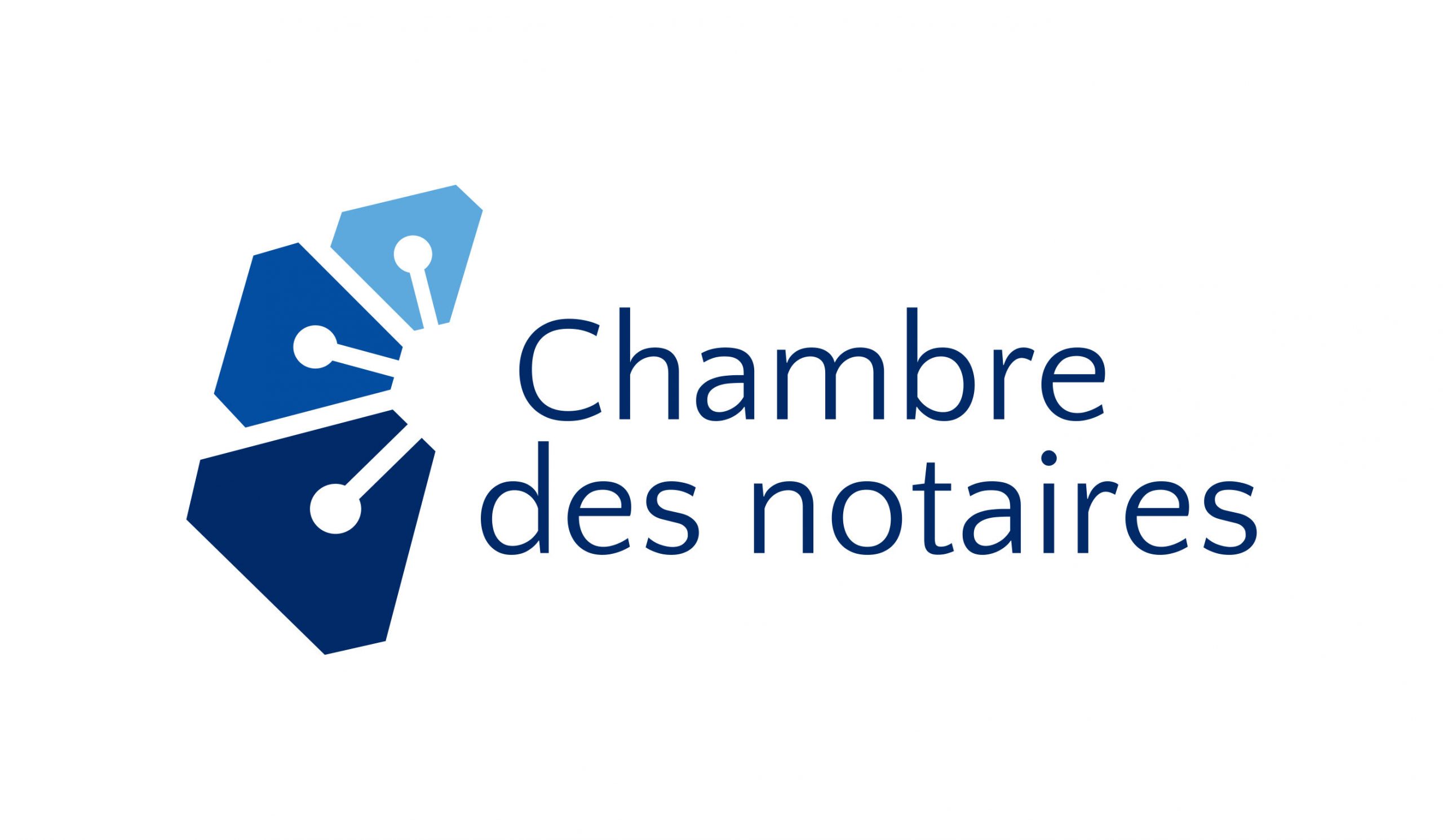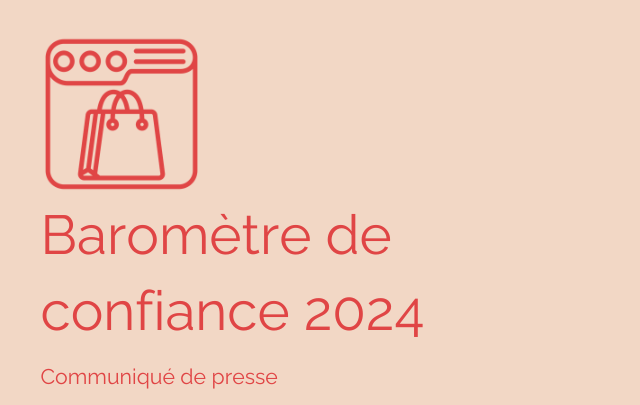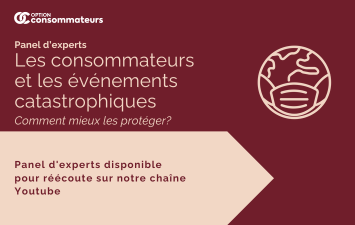

Several types of will are available, at different costs. Which is the most advantageous? What are the risks and consequences for heirs?
The advantages of a notarial will
A notarial will is a document prepared and received by a notary. When you die, it does not need to be verified by a court, since the notary is a public officer recognized by the State. As such, notarized documents are authentic, i.e., they can be used as evidence in court of their content, the accuracy of the date and the signatures affixed, without the need for proof.
There are many advantages to choosing a notarized will. You benefit from your notary's advice, for example, to protect your minor children and their inheritance, or to reduce or defer taxes on your death. Your will will comply with the law, be legible, understandable and complete. A notarial will is stored securely, and its existence is recorded in the Register of Testamentary Dispositions of the Chambre des notaires. This gives you the added security of knowing that the document you find will not simply be destroyed or put aside.
Holograph or witnessed wills
You don't have to go to a notary to draw up your will. To be valid and useful, your will must, among other things, comply with legal requirements, clearly state your wishes, and be complete and legible.
By law, two types of non-notarized will are valid if they meet certain criteria. A holographic will is one that is entirely written, signed and dated by the person making the will. This is the case, for example, of a person who writes his or her will entirely by hand on a sheet of paper, without using a typist, paper form or computer.
Wills signed before witnesses can be made in a variety of ways. It can be written by the person making the will or another person, printed from a computer, or made from a form purchased in a store or on the Internet. A will prepared by a lawyer is also considered a witnessed will! These wills must be signed by the person making the will and by the two witnesses present.
Of course, both types of will will need to be probated by a notary or a court before your estate can be settled, to ensure that it is your last will and that it has been made according to the law. The costs of an unnotarized will can lead to significant delays and costs after your death that can easily exceed $1,000. In the meantime, banking institutions will block all activity on your accounts, regardless of whether the accounts are joint or not.
There are also additional costs and problems to consider if the will is lost, destroyed, not in accordance with the law, illegible, incomprehensible or incomplete. In such cases, a judge will have to clarify the situation. A video will, an electronic will, a voice-recorded will, a form signed without witnesses, an unsigned will, a will without an heir, a will that does not take into account debts to be paid, a minor child receiving an inheritance... all examples of situations that can result in thousands of dollars in fees or practical problems for your loved ones.
The notarial will is the form of will that offers consumers the greatest peace of mind. Now all you have to do is make the right choice for you!
Do you have any questions?
Call 1-800-NOTAIRE (668-2473) to speak with a notary, toll-free, Monday to Friday, 8:30 a.m. to 5 p.m.






